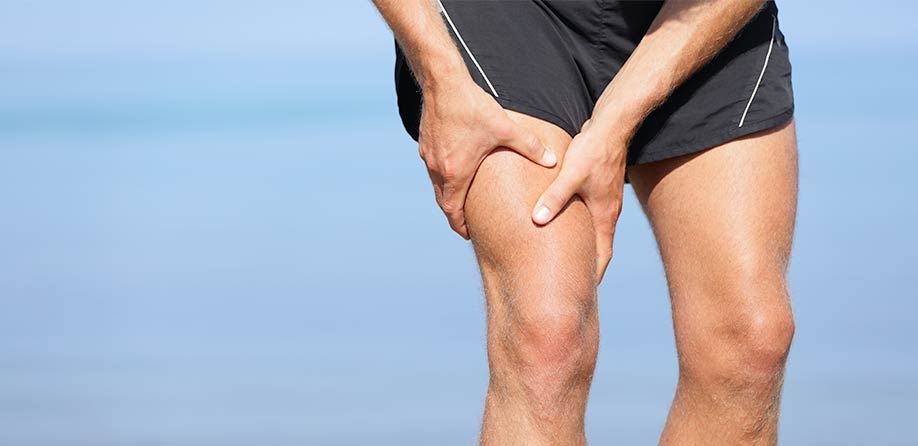
Magnesium and Kidney Stones
A friend told me about her son. At age sixteen the young man suffered kidney stones to the point of requiring kidney surgery! My friend asked if I thought that indicated a magnesium deficiency. The hair on the back of my neck stood up…and I told her, absolutely.
Most kidney stones have calcium as the base. They often form because there isn’t enough magnesium to keep calcium in solution. Calcium and magnesium go hand in hand. Without enough magnesium, calcium deposits in the soft tissues throughout the body. Furthermore, magnesium relaxes muscles and nerves, while calcium tightens them.
After a stressful surgery, Deb’s son experienced even more magnesium deficiency symptoms. But no one recognized them for what they were. Painful muscle cramping sidelined him from further participation in sports in high school. Today, at 18, he comes home from his summer job complaining of constant pain and stiffness.
My advice to him and to anyone else who has suffered kidney stones and muscle cramps is to give magnesium a try. It’s inexpensive, it has no side effects and it does much more than prevent kidney stones and muscle cramps.
Hippocrates Pure Food-Grade Magnesium Chloride is available.




